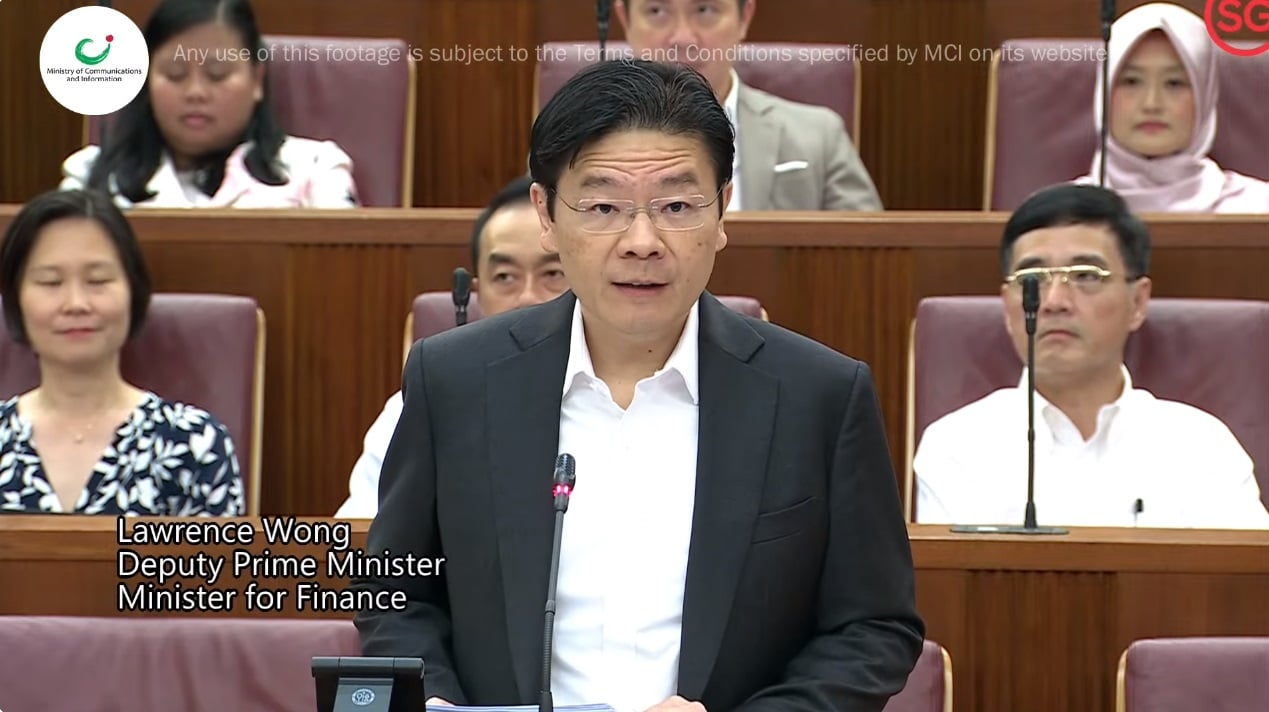Good news this upcoming May Day!

With just 50 cents, union members of the National Trades Union Congress (NTUC) would be able to enjoy coffee or tea at more than 90 NTUC Foodfare and Kopitiam food courts and coffee shops throughout the entire month! From June onwards, union members can continue to enjoy their hot drinks at the same discounted price for one whole year on Wednesdays.
In addition, the Pioneer and Merdeka Generations would also enjoy the same discounted drinks every Wednesday from July 2019 till end of June 2020.
Remember NTUC Fairprice’s price freeze initiative of 100 house brand items? (If not, refer to this article.) This new discounted price on hot drinks sold at NTUC Foodfare and Kopitiam food courts further enhances NTUC’s movement of helping to alleviate the high cost of living in Singapore.
A joint message from NTUC president Mary Liew and the labour movement’s secretary-general Ng Chee Meng stated, “NTUC FairPrice has led the way in keeping the prices of essential products low.”
Starting from June, breakfast sets would be priced as low as $1.80 and $2.20 for NTUC union members and the public respectively. The sets would include a hot beverage, two soft-boiled eggs and toast, available at a total of 52 outlets.
There are 45 Rice Garden outlets that offer cheap mixed rice meals targeting the lower-income group and NTUC Foodfare is looking to increase the number of outlets by 10.
JUST CHEAPER COFFEE OR TEA? THINK AGAIN!
If you think NTUC is only addressing immediate concerns by offering food at discounted prices, you are wrong! In its press release, NTUC said “The labour movement understands that cost of living remains a key concern of our workers, and will continue to address this in both the immediate and long-term.” The long-term solution is to equip workers with better skills to ensure they remain employable.
To quote labour movement in the May Day message, “Securing better work prospects for workers is a key imperative given the Fourth Industrial Revolution, or Industry 4.0. Workers must be trained in tandem, as Workers 4.0, to not only keep up with this transformation, but secure better work prospects.” With that in mind, NTUC together with companies, will employ training programmes for employees to help them keep up with technological advancements.
Mr Ng also mentioned, ““The longer-term strategy must be to enable our workers to like new technologies and forge better work prospects. The company training committees will also converge company interests and worker interests (to) help companies transform in tandem with workers.”
Till date, there are about 18 companies including SIA Engineering Company and in-flight catering service provider SATS that are working hand in hand with the union to make this a reality. The goal for NTUC is to be able to form training committees in at least 1000 companies across six industry transformation map groups that could help roughly 330,000 workers within the next three years. To achieve that, a committed and devoted team of training specialists would be on board working with the union leaders as well as industrial relations officers.
To stay relevant, the labour movement has decided to from the Supply Chain Employees’ Union as a better representation of workers of all levels which includes higher-level professionals, managers and executives (PMEs), in the logistics industry. Additionally, to allow more workers to be on board, it has repositioned the Singapore Bank Officers’ Association.
It has been 50 years since the Modernisation Seminar was held by NTUC in 1969 which was a “pivotal point” where the labour movement ditched confrontation for cooperation with the Government. Hence, it is crucial for the labour movement to see changes and alter itself to suit the needs of the people in its time.
“Whether you are a PME or rank-and-file, NTUC would want to be relevant to you and be able to represent you. Not just in the traditional areas of protection, but in terms of training, career progression and placements,” said Mr Ng.
Regarding the issue of implementing changes to the retirement and re-employment ages in Singapore, it has been announced in March earlier this year that the tripartite workgroup are finalizing the details of how much changes can and should be made. A final recommendation will then be made known later this year.
Mr Ng explained, “We are conscious that businesses will be concerned about the impact on cost and this is where we will help our older workers upskill and reskill so that they can contribute productively if they so wish to continue working.”
When the final retirement and re-employment ages are set, the tripartite will assure that there would be ample time for those involved to adjust to the changes.
If you’d like to contribute your story to us, drop us an email at editors@sureboh.sg and we’ll review it. We read each submission that comes to us within two weeks of receiving it.





